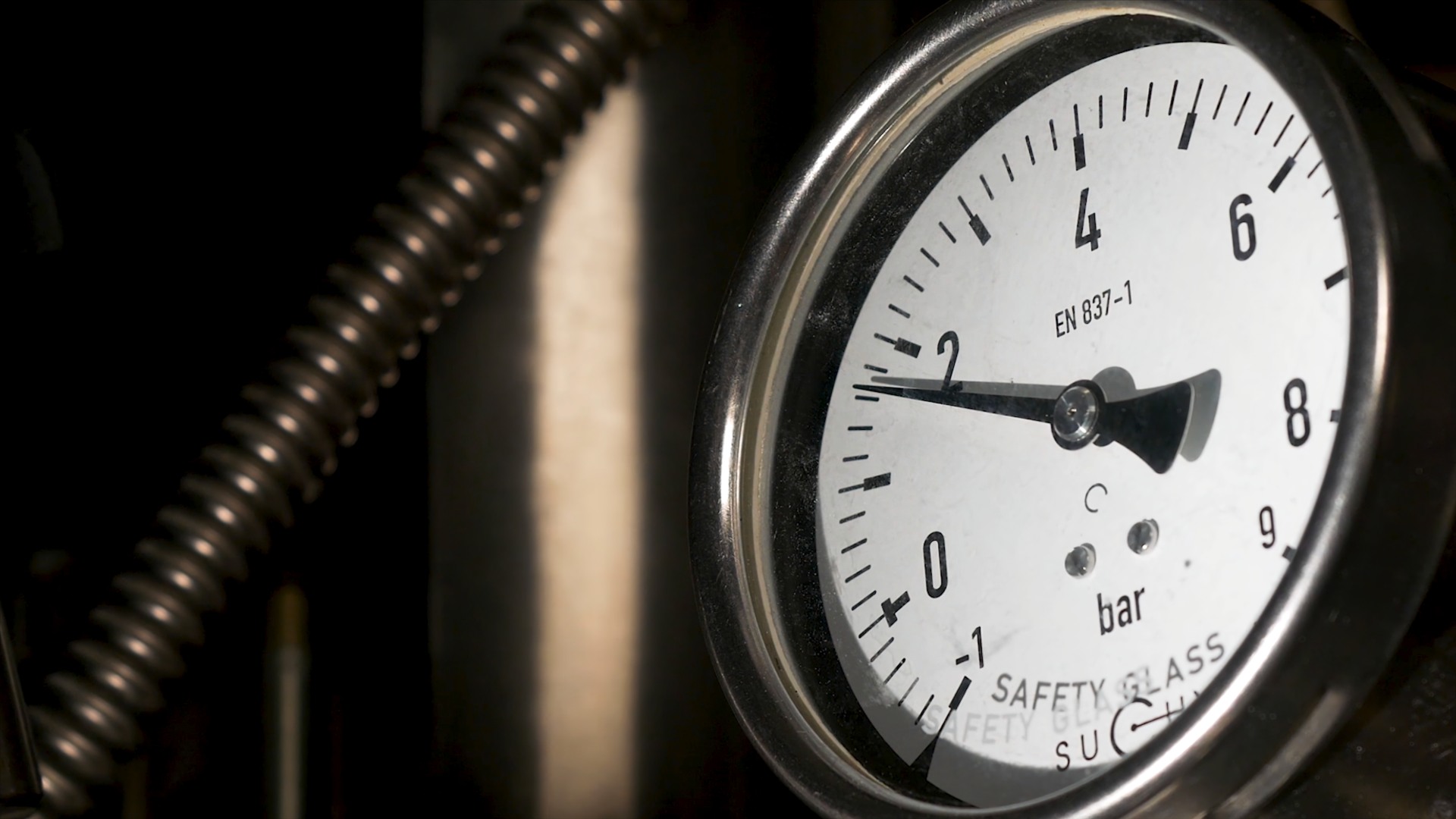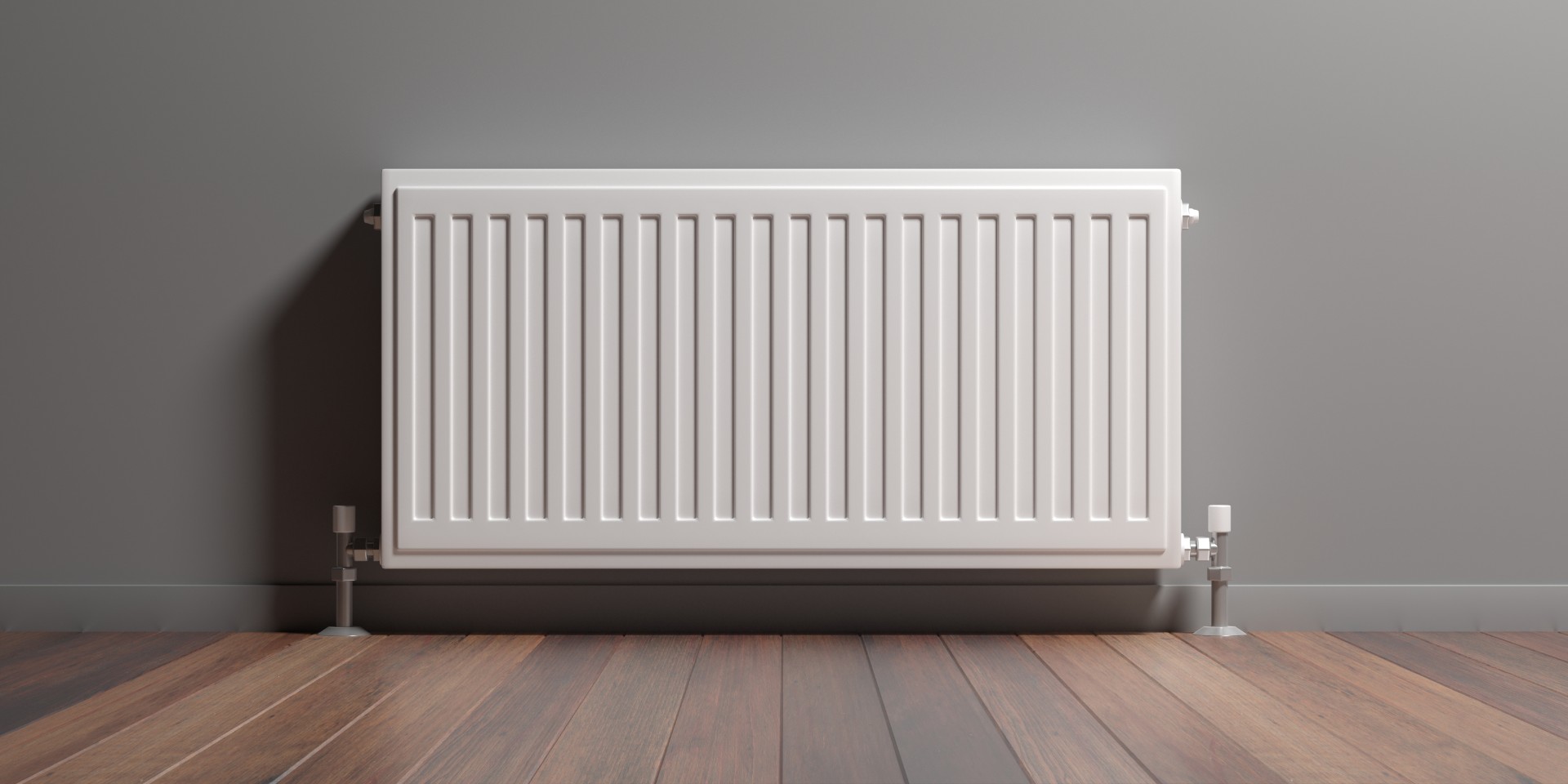Table of Contents
Experiencing low boiler pressure can be a frustrating issue for homeowners, as it often leads to inefficiencies in the heating system and can result in inadequate hot water supply. Understanding the reasons behind a boiler losing pressure, along with the appropriate remedies, is essential for maintaining a functional and efficient central heating system. This article will delve into the various causes of pressure drop in boilers, provide guidance on how to check boiler pressure, and offer solutions to common pressure-related problems.
What Causes a Boiler to Lose Pressure?
Understanding Low Boiler Pressure
Boiler pressure is crucial for the effective operation of any heating system. Typically, a healthy boiler should maintain a pressure range between 1 and 1.5 bar when cold, rising slightly when the system is operational. When the boiler pressure drops below this threshold, it can lead to the boiler losing pressure, resulting in inadequate heating or hot water supply. Low boiler pressure is not inherently dangerous; however, it can indicate underlying issues that need to be addressed promptly to prevent further complications within the central heating system.
Common Causes of Pressure Drop in Boilers
There are several common causes that can lead to a boiler losing pressure. One of the most prevalent reasons is a leak in the system, which can occur in various parts of the heating system, including the radiator valves, joints, or the pressure relief valve. A minor leak may go unnoticed initially, but it can gradually cause significant pressure loss over time. Additionally, if the boiler has lost pressure suddenly, it may indicate a more substantial leak that requires immediate attention.
Another reason for pressure drop is the normal expansion and contraction of water within the heating system. When the water heats up, it expands, and when it cools, it contracts. This process can occasionally lead to minor fluctuations in pressure. Moreover, if there is air trapped in the radiators, it can prevent proper circulation, causing pressure issues as well. In these cases, bleeding your radiators may be necessary to alleviate the pressure drop.
How Leaks Contribute to Boiler Pressure Loss
Leaks are one of the most common contributors to boiler pressure loss. A leak in the central heating system can lead to a continuous loss of water pressure, ultimately causing the boiler to lose pressure. Homeowners should regularly check for signs of leaks, such as water pooling around the boiler or visible wet spots on walls and floors. If a leak is suspected, it is imperative to find a leak promptly and rectify the issue to restore the boiler’s pressure to its optimal levels.
How Can I Check the Pressure of My Boiler?
Reading the Pressure Gauge
To effectively manage boiler pressure, it is essential to know how to check the pressure gauge on your boiler. The pressure gauge is typically located on the front panel of the boiler and displays the current pressure reading. Homeowners should regularly monitor this gauge, especially during the colder months when the heating system is used more frequently. If the pressure gauge indicates a reading below 1 bar, it is likely that the boiler is losing pressure and requires immediate attention.
What to Do If the Boiler Pressure is Low
If the boiler pressure is low, it is crucial to take action to repressurise your boiler. This may involve refilling the system using the filling loop, a flexible hose that connects the boiler to the mains water supply. By opening the filling loop valve, cold water will enter the system, raising the pressure. It is essential to monitor the pressure gauge while performing this task to avoid over-pressurising the boiler, as excessive pressure can also lead to issues.
When to Call a Gas Safe Engineer
In situations where the boiler pressure keeps dropping despite attempts to repressurise, or if there are visible leaks, it is advisable to call a Gas Safe engineer. These professionals are trained to identify and rectify complex issues within the heating system safely. Moreover, if you are unsure about the pressure gauge readings or how to manage the pressure levels, seeking expert guidance is always a prudent choice. A qualified engineer can diagnose the fault accurately and recommend appropriate solutions.
What Should I Do If My Boiler Pressure Keeps Dropping?
Steps to Repressurise Your Boiler
If you find that your boiler pressure keeps dropping, it is vital to follow a systematic approach to repressurise your boiler. Begin by locating the filling loop and ensuring both ends are securely attached. Open the valves gently to allow water to flow into the system while observing the pressure gauge. Once the pressure rises to the recommended range, close the valves tightly and check for any visible leaks in the system that may be causing the pressure drop.
Identifying and Fixing Leaks in the System
Identifying leaks in the central heating system can be challenging. Common areas to inspect include radiator valves, joints, and pipework. If you suspect a leak, visually inspect these areas for signs of moisture or corrosion. In some cases, it may be necessary to use diagnostic tools to find a leak. Once identified, repairs can be made, or components can be replaced to restore the system’s integrity and prevent further pressure loss.
When to Bleed Your Radiators
Another step to consider when addressing low boiler pressure is bleeding your radiators. Air trapped within the radiators can disrupt the circulation of water, contributing to pressure fluctuations. To bleed your radiators, use a radiator key to open the bleed valve at the top of the radiator. When water starts to escape, close the valve promptly. This process can help to release trapped air and improve the overall efficiency of the heating system, thereby stabilising the boiler pressure.
Is My Combi Boiler Different When It Comes to Pressure Issues?
Unique Features of Combi Boilers
Combi boilers, or combination boilers, have distinct features that differentiate them from traditional systems. Unlike regular boilers, combi boilers provide both heating and hot water directly from the mains supply, eliminating the need for a separate hot water tank. This can lead to unique pressure issues, particularly if the mains water pressure is inconsistent, which can affect the boiler’s operational efficiency and pressure stability.
Common Pressure Problems in Combi Boilers
Common pressure problems in combi boilers often stem from fluctuations in the mains water supply or internal faults within the boiler itself. If the mains water pressure is too low, it can lead to the boiler pressure dropping, which may require the homeowner to check the pressure gauge frequently. Additionally, components such as the pressure relief valve may malfunction, leading to unintentional pressure loss.
Solutions for Combi Boiler Pressure Drops
To address pressure drops in a combi boiler, homeowners should start by checking the pressure gauge regularly and ensuring it remains within the recommended range. Repressurising the system may be necessary if the pressure is low. Furthermore, maintaining the boiler through regular servicing by a Gas Safe engineer can help prevent common pressure problems associated with combi boilers, ensuring they operate efficiently and effectively.
When Should I Consider Getting a New Boiler?
Signs That Your Boiler Pressure Has Dropped Too Low
Homeowners should consider replacing their boiler when they observe consistent signs that the boiler pressure has dropped too low, and the unit frequently requires repressurisation. If the boiler is losing pressure significantly, or if it is unable to provide adequate heating or hot water, these may be indicators that the boiler is nearing the end of its operational lifespan.
How to Know If a New Boiler is Necessary
To determine if a new boiler is necessary, consider factors such as the age of the existing boiler, frequency of repairs, and overall performance. If the boiler is over ten years old and experiences continual pressure loss or operational failures, it may be more cost-effective to invest in a new boiler rather than continually servicing an aging unit. A qualified engineer can provide a thorough assessment and recommendations based on the specific circumstances.
Benefits of Upgrading Your Heating System
Upgrading to a new boiler not only resolves persistent pressure issues but also offers several benefits, including improved energy efficiency, reduced energy bills, and enhanced reliability. Modern boilers are designed with advanced technology that allows for better performance, ultimately contributing to a more comfortable home environment. Additionally, many new boilers come with warranties, providing peace of mind regarding future performance and maintenance.



